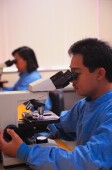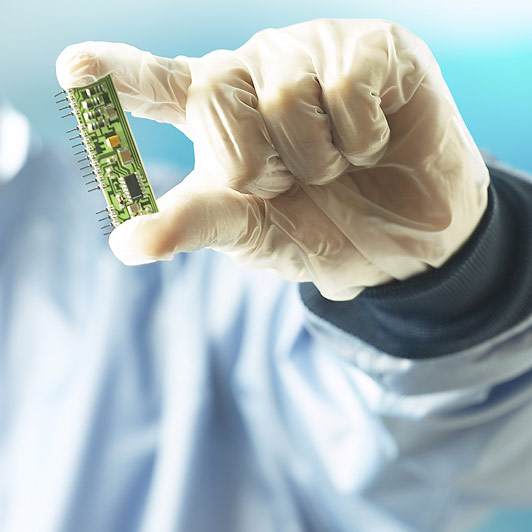
WEDNESDAY, March 24 (HealthDay News) — Scientists have identified a gene in mice that is a key player in what could essentially be called embryonic stem cells’ “immortality.”
The finding could have a major impact on research into aging, regenerative medicine and the biology of stem cells and cancer, according to the report published online March 24 in the journal Nature.
Embryonic stem cells can develop into nearly any type of cell in the body and can produce infinite generations of new, fully operational embryonic stem cells (daughter cells). But the mechanism for this rejuvenation has been a mystery, the researchers noted in a news release from the U.S. National Institute on Aging (NIA).
In the new study, researchers at the NIA found that embryonic stem cells in mice express a unique Zscan4 gene that enables them to continuously produce vigorous daughter cells.
According to the study authors, this gene isn’t turned on every time an embryonic stem cell replicates; only about 5 percent of embryonic stem cells will have the gene activated at any one point.
More information
The U.S. National Institutes of Health has more about stem cells.

